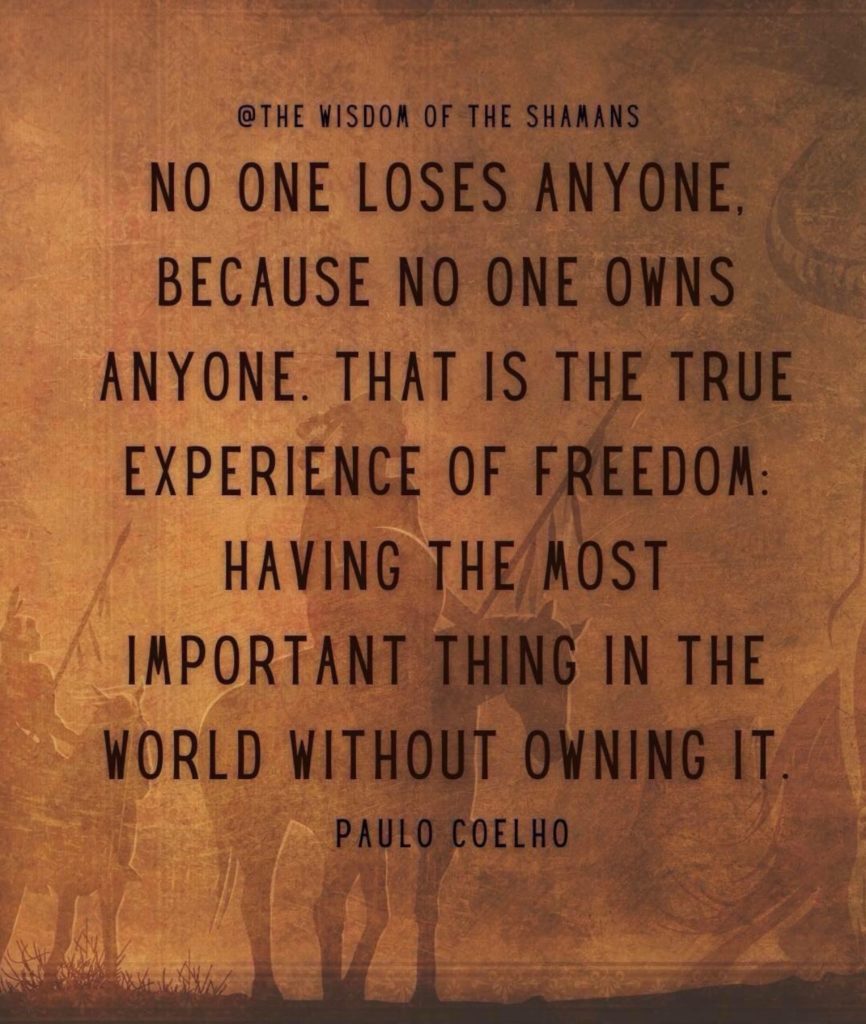In life, freedom is not always about removing physical barriers, but rather about detaching ourselves emotionally and mentally from situations and people. The idea of detachment brings clarity to our understanding of impermanence, reminding us that nothing is permanent, and this includes our emotions and relationships.
We often view security in relationships as something fixed or absolute. The three words, “I love you,” are often loaded with expectations of permanence—an unspoken promise of forever. But in reality, love is fluid, just like the situations we encounter. People change, circumstances shift, and the meaning we attach to relationships evolves. So, does “I love you” really mean forever? Or does it simply reflect a moment in time when two people resonate with each other’s paths?
As we walk through life, becoming increasingly aware, we start to question the very foundation of security. The comfort we seek often leads to attachment—an attachment to people, ideas, emotions. And yet, everything is impermanent. True freedom lies in recognizing this, in embracing the fluidity of life without clinging to it.
When we detach, we are not saying we don’t care. Instead, we are allowing things to be what they are, without letting them define us. Situations happen, emotions arise, but they don’t need to be anchored to our identity. When we understand this, the security we once sought in relationships no longer feels like a necessity. Instead, we value the connection for what it is, without needing it to last forever.
In a world that teaches us to grasp tightly, perhaps true freedom is learning to let go. Letting people, emotions, and situations flow through our lives without fear of loss. Because in the end, as the quote suggests, no one loses anyone, because no one owns anyone. This is the true experience of freedom—having the most important thing in the world without the need to possess it.





0 Comments